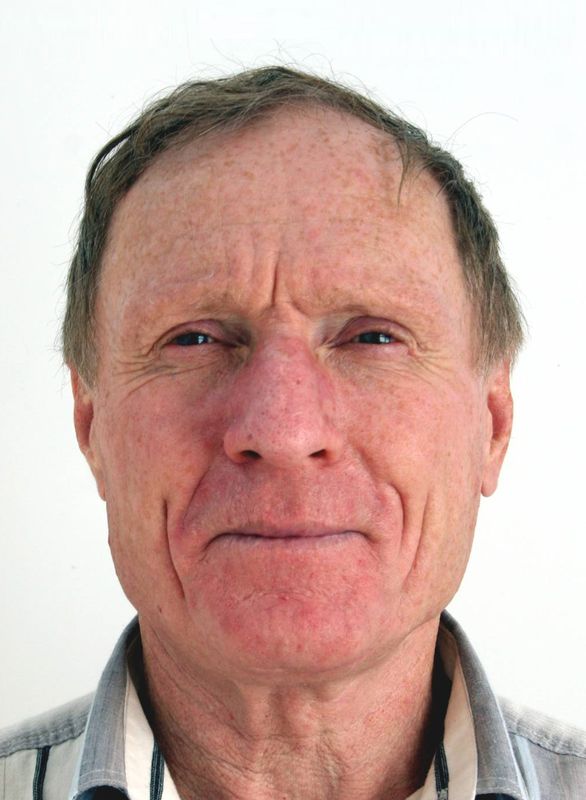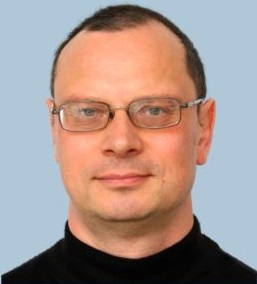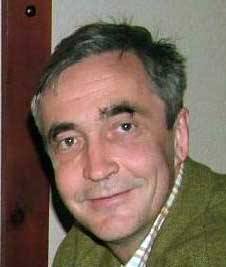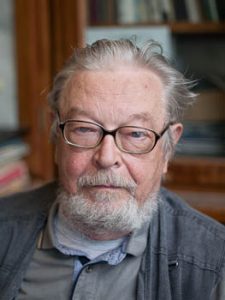Symposium “Evolutionary, population genomics/genetics and molecular phylogeny: computational and experimental approaches”
Section “Population and evolutionary genetics/genomics of wild and domestic animals”
The section «Population and evolutionary genetics/genomics of wild and domestic animals» is devoted to a wide range of investigations produced in wild and domestic animals. The use of whole-genome sequencing and omics technologies in analysis of genetic and evolutionary processes opens up new perspectives in study the systemic mechanisms of adaptation in wild and domestic animals.
Identification of genomic regions associated with physiological and behavioral traits subjected to natural or artificial selection in natural conditions or under domestication is a necessary steps to understand the processes of animal evolution and human-animal cooperation. The main topics are the genetic diversity, phylogenetics and phylogeography, mechanisms of animal adaptations to extreme environment, mechanisms of genetic evolution and the effects of natural and artificial selection, the role of behavior in selection and evolution, animal genetic models of human diseases, etc. The main goal of the Section is to present and discuss the fundamental problems of animal evolution with its projection to agriculture, medicine and ecology.
 |
 |
 |
| Arcady Markel, Institute of Cytology and Genetics of SB RAS, Novosibirsk, Russia |
Oleg Trapezov, Institute of Cytology and Genetics of SB RAS, Novosibirsk, Russia |
Nikolay Yudin, Institute of Cytology and Genetics of SB RAS, Novosibirsk, Russia |
Section “Molecular phylogenetics and phylogenomics of Plants,
Fungi, Protists, Prokaryotes and Viruses”
At the Section “Molecular phylogenetics and phylogenomics: Plants and Fungi Protists, Prokaryotes and Viruses” it is planned to consider a wide range of issues of non-animals molecular evolution – molecular phylogenetics and systematics, phylogenomics, evolution of gene families, population genomics, genomic biodiversity, DNA barcoding, and metagenomics.
 |
 |
| Dmitry Sherbakov, Limnological Institute of SB RAS, Irkutsk, Russia |
Aleksey Troitsky, A. N. Belozersky Research Institute of Physico-Chemical Biology MSU, Moscow, Russia |

